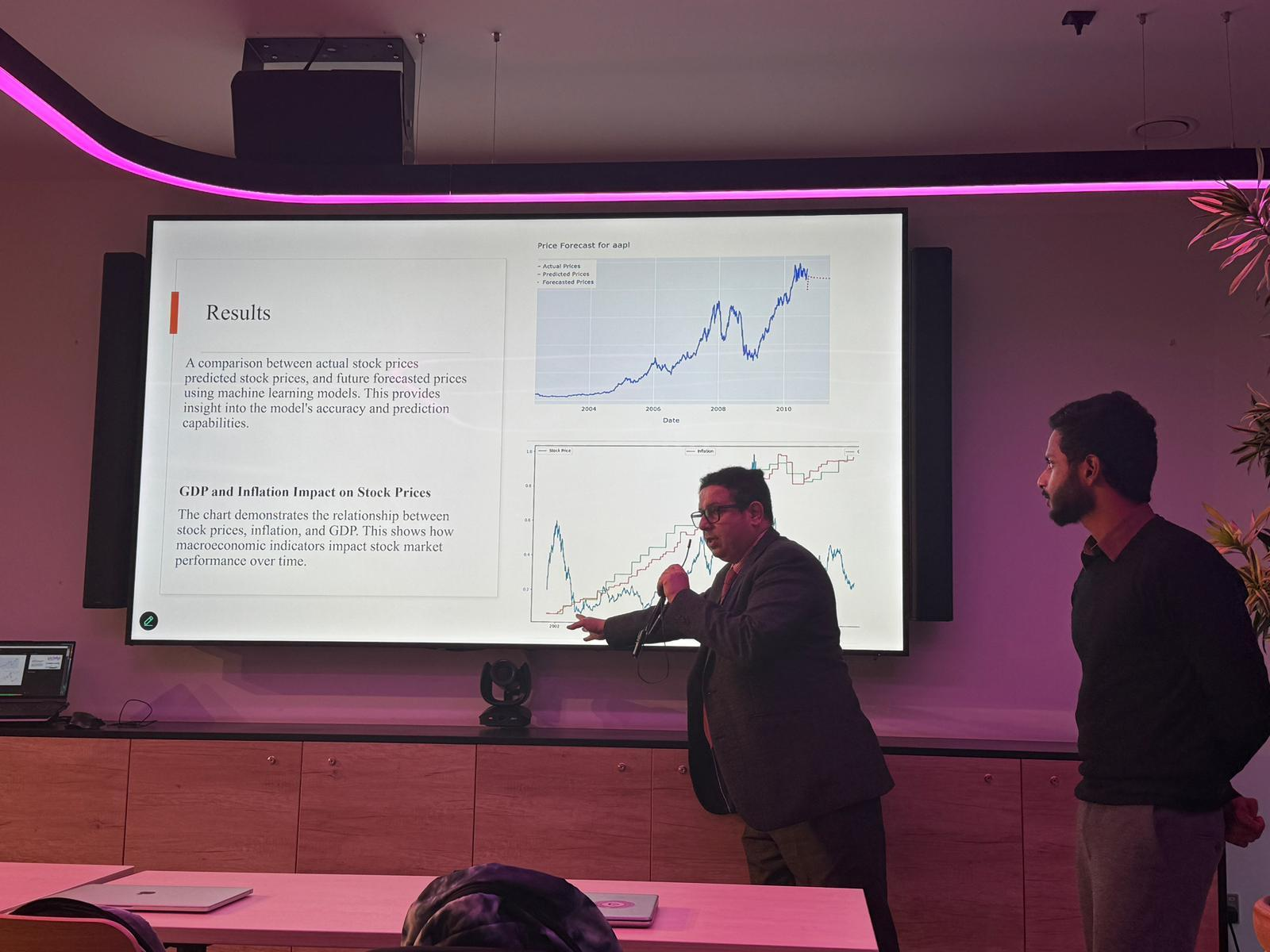Title:
AI and IoT for Next-Generation Smart Robotic Systems: Innovations, Challenges, and Opportunities (AISRS 2025)
Date:
December 9th, 2024 (GMT)
Organizer:
University of East London (UEL)
Symposium Chair:
Dr. Hisham AbouGrad
Personal Bio:
Dr. Hisham AbouGrad, DProf, MSc, MBA, PGCHEP, FHEA, CITP MBCS, PMP, ITQM, is a Senior Lecturer in Computer Science & Digital Technologies with a robust academic and research background. His expertise lies in artificial intelligence (AI), machine learning (ML), cybersecurity, financial technology (FinTech), multi-criteria decision making (MCDM), and information systems performance. Dr. AbouGrad actively collaborates with fellow researchers and supervise PhD and DProf students on projects that bridge theoretical knowledge with practical application. Particularly, he has supervised innovative projects such as the development of Contactless Payment Mobile Applications utilising QR Code and NFC Technologies, and predictive modeling systems for financial applications using ML. These projects provide invaluable hands-on experience, particularly in emerging technologies like mobile app development and financial performance prediction. Dr. AbouGrad’s research contributions are well-documented through his numerous publications, which address critical issues in ML, information security, and financial applications. His recent work, including a research paper "AI-Framework to Predict eCommerce Fake Reviews: A Hybrid Neural Network Machine Learning Model," showcases his ability to apply advanced AI methodologies to solve real-world financial and sustainability challenges by emphasising on quality, scalability, and reliability. His contributions not only advance academic knowledge but also have significant implications for sustainable business environment. More details on his work are available on Google Scholar (t.ly/RKhC6) and LinkedIn (linkedin.com/in/habougrad)






